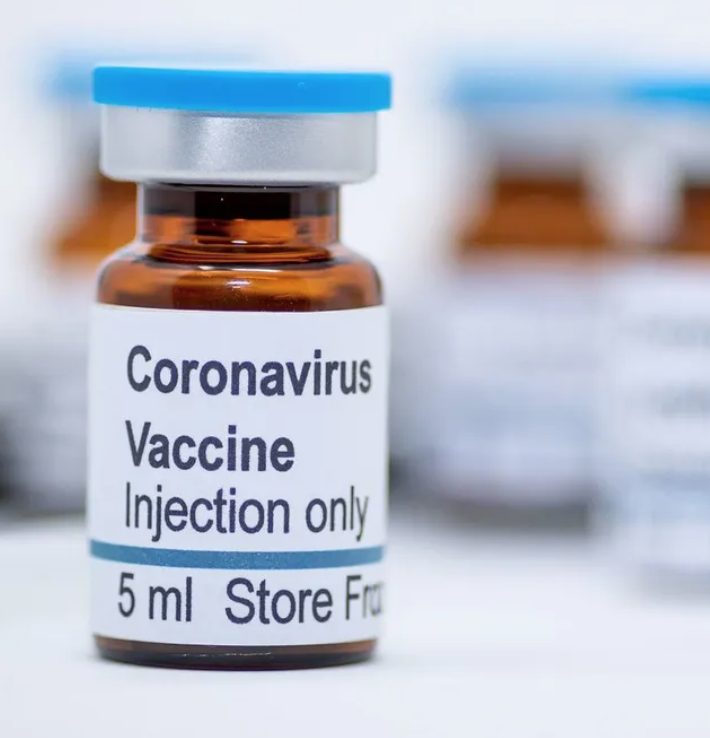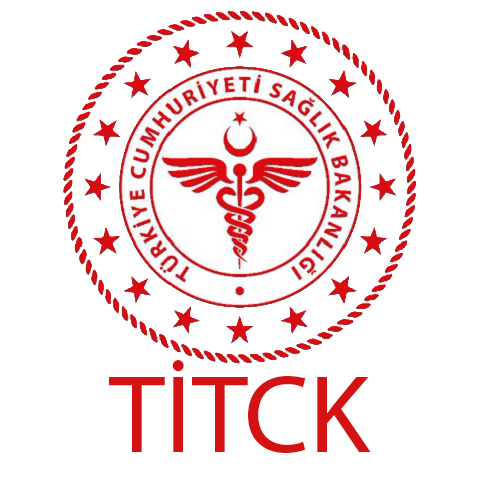
|
DEVELOPER(S) |
VACCINE METHOD |
EVIDENCE |
STATUS |
|
Moderna and the US government US |
Lipid nanoparticles containing mRNAs for the SARS-CoV-2 spike protein are injected into the arm. |
Moderna is developing similar vaccines against Zika and other viruses, and other companies have RNA vaccines in clinical trials as well, but to date, no vaccine of this type has been approved for use. The SARS-CoV-2 mRNA-1273 was not tested in animals before the start of the ongoing Phase 1 trial. |
Phase 1 clinical trial underway in Seattle; preparing for Phase 2 and 3 clinical trials to begin immediately upon successful completion |
|
CanSino Biologics and the Academy of Military Medical Sciences China |
Nonreplicating adenovirus 5 (Ad5) vector carrying the gene for the SARS-CoV-2 spike protein is injected into the arm. |
Adenoviruses are well-established vaccine vectors, and CanSino produced an Ebola vaccine (approved in China in 2017) using the same Ad5 platform. The company says its Ad5-nCoV vaccine generated “strong immune responses in animal models” and has “a good safety profile.” |
Phase 1 clinical trial underway in Wuhan, China |
|
University of Oxford UK |
A chimpanzee adenovirus vaccine vector (ChAdOx1) carrying the gene for the SARS-CoV-2 spike protein is injected into the arm. |
A Phase 1 trial using the same adenovirus vector to target MERS is ongoing in Saudi Arabia. The ChAdOx1 nCoV-19 vaccine was not tested in animals before the start of the ongoing Phase 1 trial. |
Phase 1/2 trial underway in the UK |
|
Inovio Pharmaceuticals US |
A special device administers spike protein–encoding DNA molecules through the skin. |
Mice and guinea pigs mounted immune responses against the virus, according to a recent preprint, and the company tells Nature that it is now testing the vaccine in monkeys. |
Phase 1 trial underway with plans to manufacture 1 million doses of its candidate this year |
|
BioNTech and Pfizer Germany |
RNA vaccine; details not disclosed |
BioNTech and Pfizer are also partnering on an RNA vaccine candidate for influenza. |
Expected to start clinical testing in April |
|
CureVac Germany |
RNA vaccine; details not disclosed |
CureVac reported in January that a Phase 1 trial of a comparable vaccine for rabies induced immune responses with just 1 microgram of mRNA, meaning it could be easy to scale up to produce mass quantities. |
Expected to start clinical testing in early summer; company says it could manufacture 10 million doses by that time. |
|
University of Pittsburgh School of Medicine US |
Microneedle patch delivers pieces of the spike protein through the skin. |
Vaccinated mice produced antibodies specific to SARS-CoV-2 at levels that would likely neutralize the virus, according to a study published in EBioMedicine on April 2. |
Expected to start clinical testing in the next few months |
|
Janssen Belgium |
Nonreplicating adenovirus 26 (Ad26) vector carrying undisclosed genetic material of SARS-CoV-2 is administered intranasally. |
Janssen is also developing other Ad26-based vaccine candidates, including its Ebola vaccine that was deployed in the Democratic Republic of Congo in November 2019. |
Expected to start clinical testing in September 2020; with BARDA’s support, the company will scale up to produce up to 300 million doses of vaccine in the US each year |
|
Novavax US |
Nanoparticles carrying antigens derived from the SARS-CoV-2 spike protein (with Matrix-M adjuvant) |
In 2012, the company started development on a SARS vaccine that served as the basis for its new SARS-CoV-2 vaccine candidate. |
Expected to start clinical testing in mid-May |
|
Generex Biotechnology Canada |
Undisclosed synthetic viral peptides are combined with proprietary Ii-Key immune system activation |
The company has had success with the Ii-Key technology for other infectious diseases and for cancer in clinical trials. |
Expected to start clinical testing “within 90 days,” the company announced on February 27 |
|
Vaxart US |
A pill containing different SARS-CoV-2 antigens |
Five vaccine candidates based on different antigen combinations are being tested. The company has other oral recombinant vaccine candidates that have shown success in clinical trials. |
Expected to start clinical testing early in the second half of 2020 |
|
Imperial College London UK |
Self-amplifying RNA molecules are injected into the muscle |
The vaccine platform, which is designed to allow researchers to respond quickly to emerging pathogens, received $8.4 million from CEPI last December. “We cannot predict where or when Disease X will strike, but by developing these kinds of innovative vaccine technologies we can be ready for it,” CEPI CEO Richard Hatchett said at the time. |
Expected to start clinical testing in the summer |
|
Medicago US |
Virus-like particles that resemble SARS-CoV-2 are produced in a close relative of tobacco. |
The company has a rotavirus vaccine in clinical trials that is based on virus-like particles, and another for norovirus in preclinical studies. |
Expected to start clinical testing in July or August |
|
Altimmune US |
Undisclosed vaccination delivered intranasally |
The company is using the same technology to develop a flu vaccine that is in clinical trials. |
Expected to begin clinical testing in August |
|
Takis Biotech and Applied DNA Sciences Italy and US |
The company is exploring five DNA-based candidates based on the SARS-CoV-2 spike protein. |
The vaccine candidates contain PCR-produced pieces of linear DNA, as opposed to the more traditional circular plasmids, which could have several advantages including quick production. No vaccines using this approach have yet been tested in humans. |







